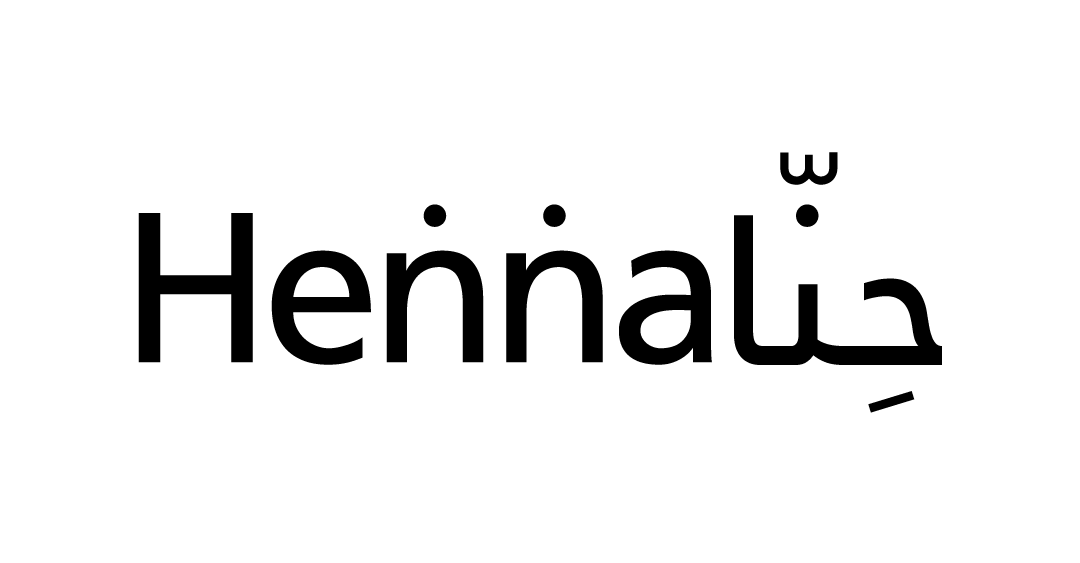Mafaza Digital Zine
This series of articles is published as part of Mafaza Digital Zine, the second stage of Henna Platform’s Mafaza Project. The first stage of Mafaza Project was a research and creation phase that engaged with the theme of survival through poetry and music. This second stage aims to expand the reflection sight by highlighting different and experiences and observations on survival. The articles collected here are the product of that work. The third stage is going to be a theatre play in November 2024.
The word Mafaza in Arabic means the dry and barren desert. The root of Mafaza comes from the root for winning (فوز), and Mafaza means the land of winning: those who cross its barren harshness alive are the lucky winners. To cross the existential challenge of Mafaza one must arm themselves with patience, focus, and hope. By mobilizing Mafaza as a metaphor, this project aims to highlight the challenges faced by refugees and survivors of atrocities, those who work to heal, and continue the struggle for justice while facing complex systems and policies. These systems do not only lack the knowledge and sensitivity to deal with trauma and cultural specificity; they continue to cause atrocities, directly or indirectly.
All the contributors to this project are justice seekers and their lives are centered around survival and individual and collective healing. Most of them have gone through difficult experiences, such as detention, asylum, or genocide survival. The price of producing this knowledge was not easy at all. It required wading through our own vulnerabilities, often taking us places filled with fear. It was not easy also because the genocide we are witnessing in Gaza has caused a deep shock to our bodies and nervous systems and crushed our ability to focus, work, and live normally. At every step in this project, we noticed the effect of the ongoing genocide on our energy and attention. However, this project was a space for us to examine our ability to practice compassion, care, and understanding with each other during difficult times. It was an opportunity to examine our ability to balance between being hopeful and determined on the one hand and respecting and accepting our limits on the other.
We hope that the knowledge developed and shared through this project, made possible through the generous support of the Toronto Arts Council and the Canada Council for the Arts, will be both useful and transformative, as its authors come from diverse ethnic, cultural, and gender backgrounds, each of whom approaches the theme of survival from a unique perspective.
Edited and coordinated by: Mosab Alnomire
Visual design by: Tamara Habesch & Carol Farah
___________________________










